Severe acne itself can be frustrating, and it gets even worse when it leaves behind stubborn scars. The good news is, with proper care, acne scars can be visibly reduced.
One of the main causes of acne scars is the habit of squeezing, popping, or picking at pimples.
This actually worsens inflammation and increases the risk of scarring. Scars form when acne penetrates deep into the skin and damages the tissue beneath.
Before trying to treat them, it’s important to understand the different types of acne scars since each requires a different approach.
Causes of Acne Scars
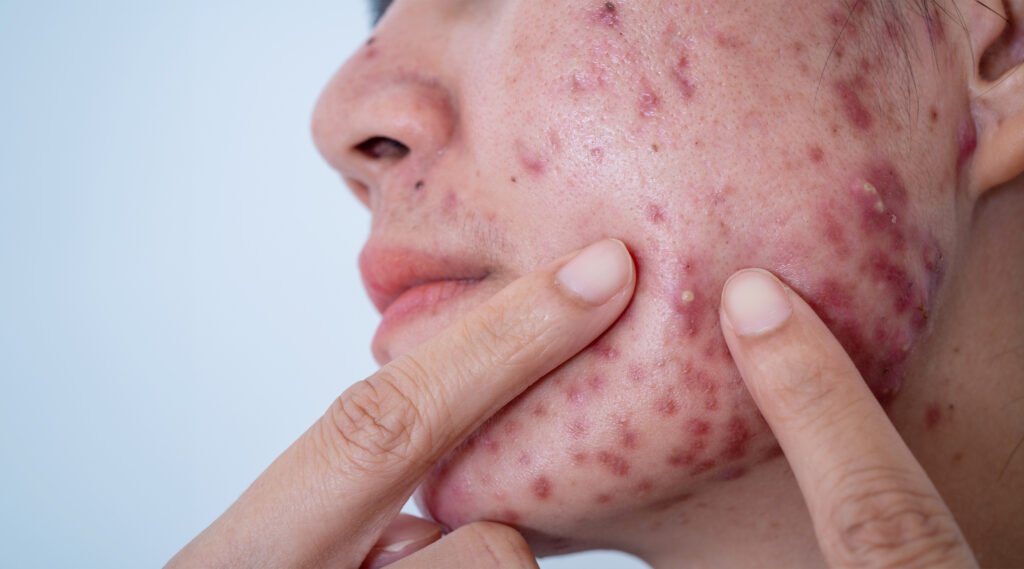
Acne scars may develop due to several factors, such as:
1. Deep skin damage
Nodules and cystic acne that reach deep layers of the skin are more likely to leave permanent scars.
2. Squeezing or scratching pimples
This habit aggravates inflammation instead of helping the healing process.
3. The body’s healing response
Excess collagen production can cause raised scars, while too little collagen can result in sunken scars.
4. Genetic factors
If family members have acne scars, you may be more prone to them. Darker skin tones are also more likely to experience scarring.
Types of Acne Scars
- Red, flat scars (the mildest type).
- Mild acne scars that can be covered with makeup or facial hair.
- Moderate acne scars that are more noticeable to others.
- Severe acne scars that are difficult to cover and visible even from about 50 cm away.
How to Fade Acne Scars
For severe acne scars, it’s best to consult a dermatologist. Treatments like laser therapy, chemical peels, or microneedling may be recommended.
For daily care, you can use specialized scar treatment products. One option is wund+™ Wound Scar Gel.
This gel offers 2-in-1 care: helping prevent new scars and fading existing ones, including acne scars. Its formula contains Stem Cell Centella Reversa, which works to repair the skin at a cellular level.
Adaptive pigments help reduce the appearance of scars, while Glycerin, Citric Acid, and Silicone keep the skin moisturized, support regeneration, and promote a more even skin tone.
Apply wund+™ Wound Scar Gel regularly after acne is no longer inflamed. Its lightweight texture absorbs quickly and feels comfortable for daily use. With consistent application, acne scars may appear less visible, and your skin can look healthier overall.
References
American Academy of Dermatology Association. Accessed in 2025. Acne scars: Signs and symptoms.
American Academy of Dermatology Association. Accessed in 2025. Acne scars: Causes
Healthline. Accessed in 2025. How to Best Treat Acne Scars
WebMD. Accessed in 2025. Acne Scars.

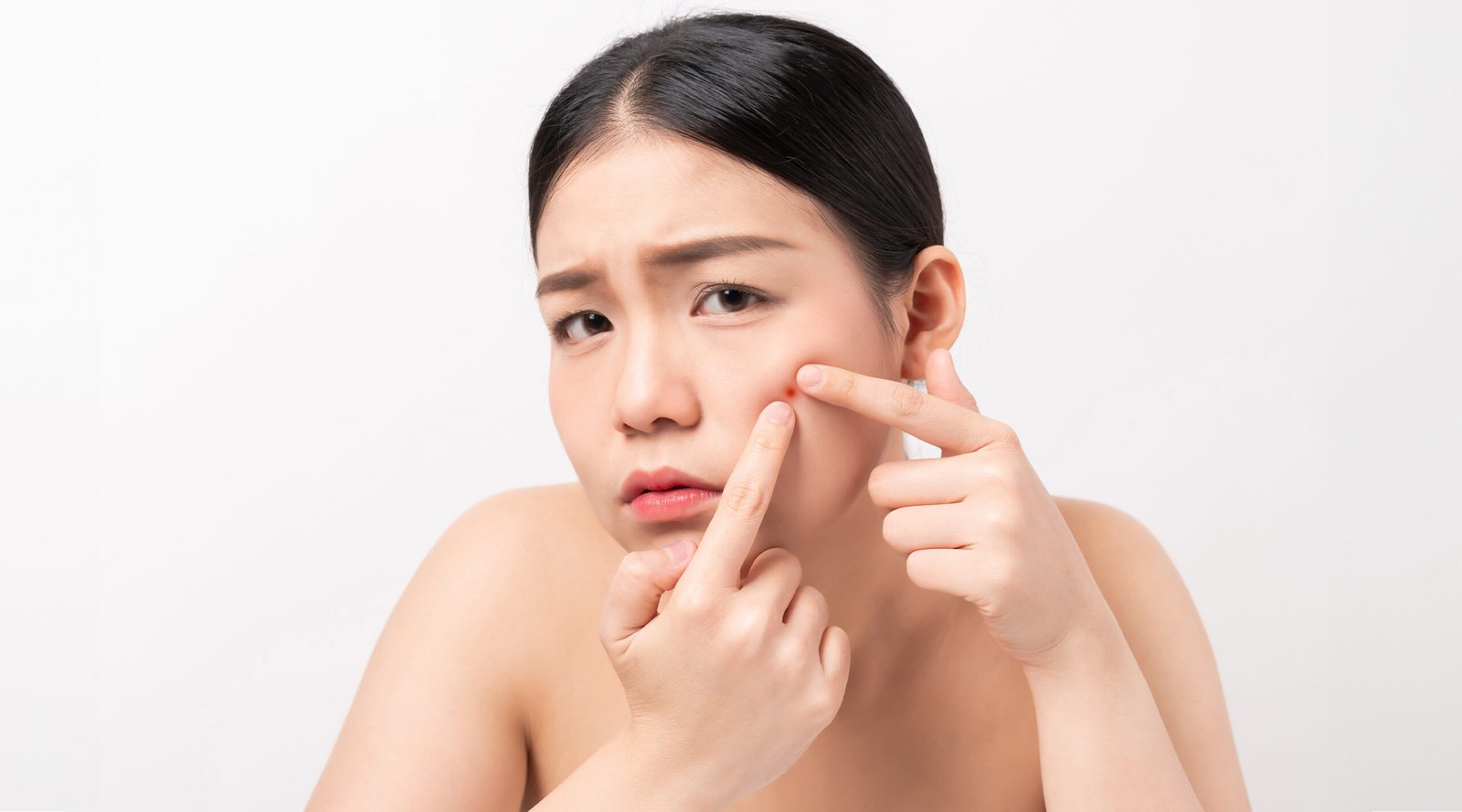
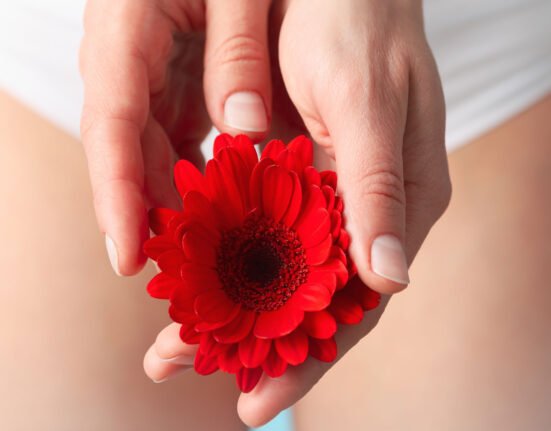


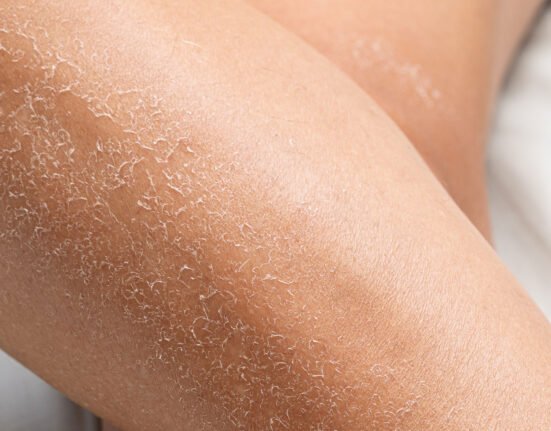

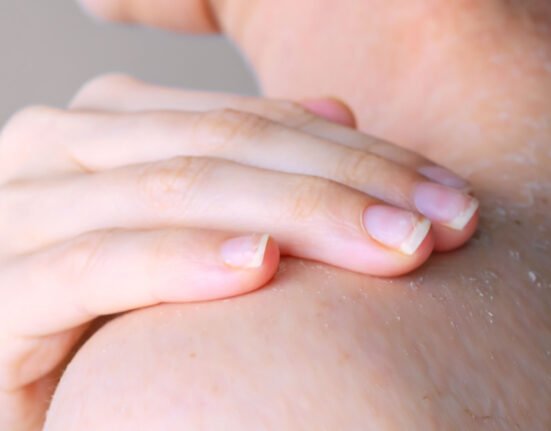
Leave feedback about this